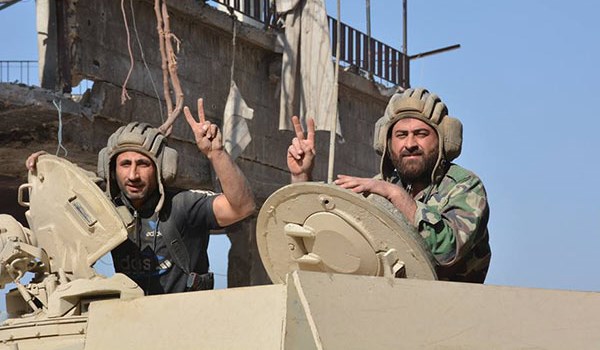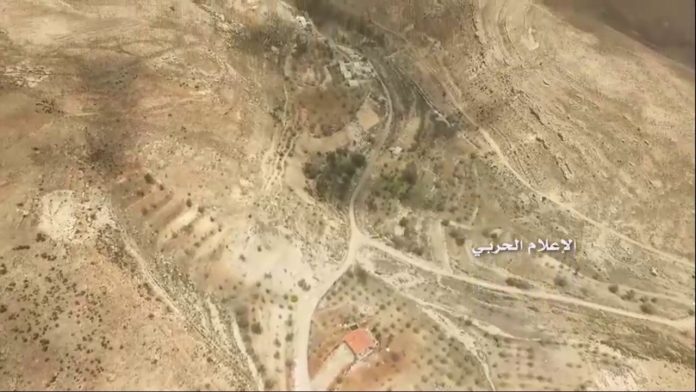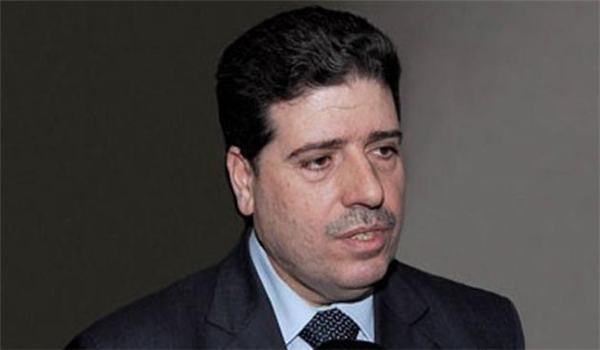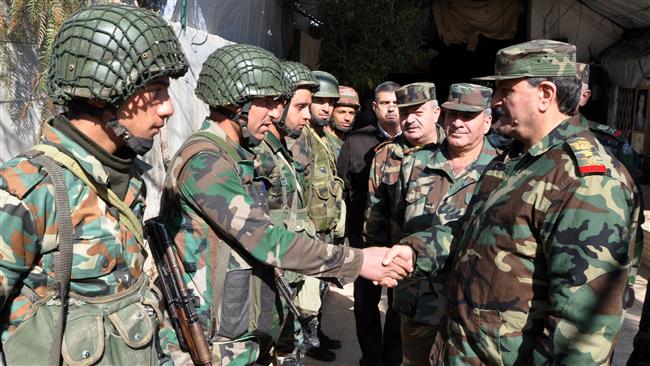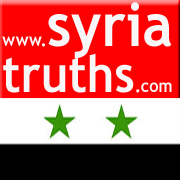Foreigner Terrorists , Syrian Government Reach 10-Day Truce in Homs
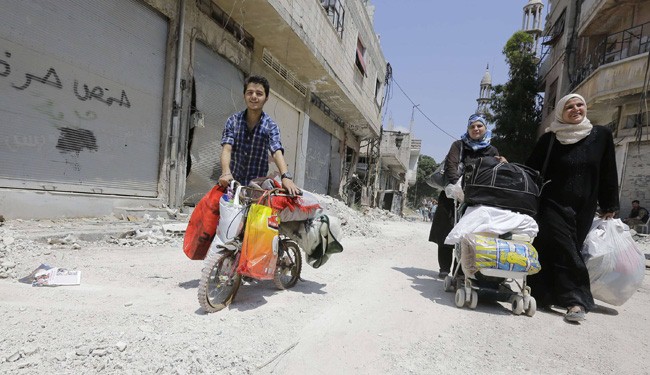
Syrian rebels and local government officials have agreed to a truce in the last opposition-held area of the central city of Homs.
Activist Beibars al-Tilawi told AP the 10-day truce beginning on Thursday will allow more food to enter the al-Waar area.He says it will also provide time to negotiate a more lasting resolution to the 20-month standoff in al-Waar, which has been besieged by Syrian army forces.
Al-Tilawi said rebels sought the truce to alleviate the suffering of civilians, and because they were outgunned by government forces.
It is not clear how many civilians remain in the sprawling area separated from the rest of the city by the Orontes River.
Western diplomats and local officials have championed local truces as a way of easing the suffering caused by Syria’s four-year conflict.
Western-backed rebels have been retreating in northern Syria for months, caught between government forces on one side and terrorists groups like the ISIS and the al-Qaida-linked Nusra Front on the other.
Russia, a key ally of President Bashar Assad, is meanwhile hoping to bring the government and the opposition together in a Jan. 26 meeting to agree on the basis of a future dialogue.
Most opposition groups, including the Western-backed so-called Syrian National Coalition, have said they will not attend the Moscow talks, saying the framework for the discussions is unclear and the meetings have little chance of success.
In an interview with the Czech newspaper Literarni Noviny, Assad said the two sides would discuss the foundations for a dialogue focusing on Syria’s unity, fighting terrorism and supporting the army.
“As to what I expect from this meeting, I think we should be realistic since we are dealing with personalities,” Assad said. “If we succeed, it’s a good thing. If we don’t, we will not lose anything.”
In Geneva, U.N. envoy Staffan de Mistura urged the international community to make 2015 the year in which movement toward a political settlement of the conflict takes place. He welcomed the Moscow initiative, but also pushed his idea for a so-called “freeze” in the fighting in the northern city of Aleppo.
“We are aiming at the reduction of violence and possibly a freeze of all military activities, bearing in mind the need of an accelerated humanitarian aid,” he said. “Our hope is that Aleppo could be a signal of goodwill, a confidence-building measure which could and can facilitate the re-starting of a political process with a clear political horizon.
